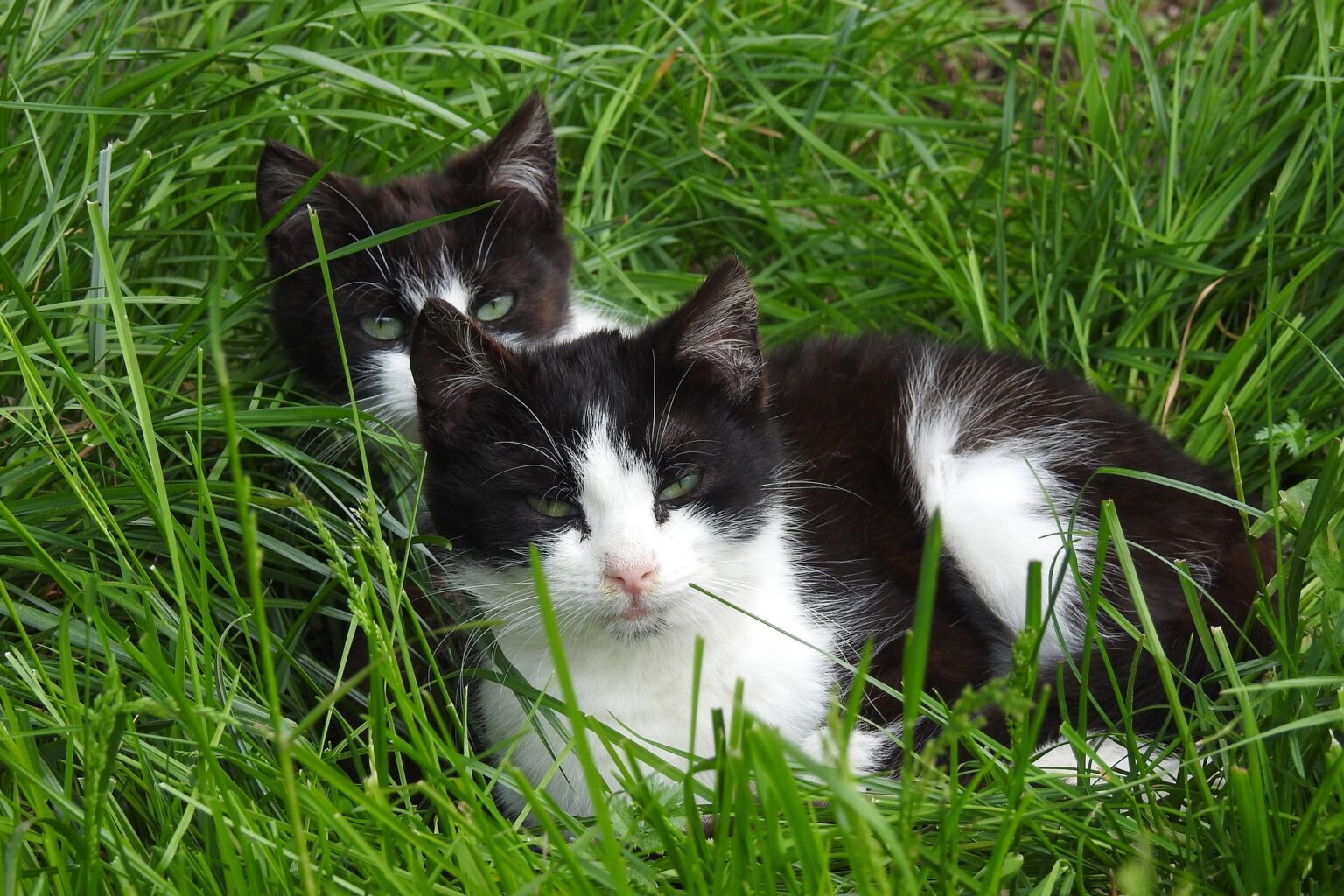Kitten season might sound like a cute and enjoyable event to celebrate and be excited, but in the animal shelter and rescue world, this is not something anyone looks forward to.
Each year from April to October we are reminded of just how many cats are out there not spayed or neutered, continuing to bring litters of kittens into this world that have no home.
At any given time during these six months, Antietam Humane Society houses over 200 cats, most
of which are under 3 months old. Often, they come into us because well-meaning
community members see the kittens outside and believe them to be abandoned. Sometimes this is
true, but more often than not, the kittens have their mother nearby and should be left alone.
Here are some ways to know if the kittens are in need of your intervention:
-Are they dirty?
-Are they skinny?
-Are they screaming/crying?
These are the tell-tale distress signs that the mother is no longer around. If you find kittens in any
of these conditions, contact the shelter to discuss next steps for rescuing the kittens.
If you come upon kittens that are clean, quiet, and appear to be fed – and if they are quiet,
chances are they ate recently – keep a distance and watch for a mother cat to come along.
A mother cat will hide her kittens during the day while she is hunting. If you see no adult cat
coming back to the location of the kittens after approximately 12 hours, it is safe to assume the
cats have been orphaned. At this point, contact your local shelter to discuss next steps for
rescuing the kittens.
The best and safest place for a kitten is with its mother. Shelters become overly-full during kitten
season, and sadly, when the population in the shelter is so large, kittens have very limited chance
of survival.
This is because their immune systems are not strong enough to protect them around
so many other cats, and too often the kittens are not old enough to receive vaccinations against
these common illnesses that spread through shelters.
If the mother is not around, the best option is to foster the kittens for the shelter until they are
approximately eight to twelve weeks old so that they can receive necessary vaccinations, build
up their immune system, and come into the shelter only when they are old enough to be spayed
or neutered and adopted.
When you choose to foster, you help us save more lives. If you are interested in becoming a
kitten foster, please visit our webpage at https://antietamhumanesociety.org/foster-kittens/ to
learn more about the process and to complete an application.
Antietam Humane Society boasts a 94% save rate for all animals taken into our care, but we can
only maintain that with the help from our community. Please consider becoming a foster today,
and be sure to spay/neuter your pets!
Kacie L. Morrell is the executive director of Antietam Humane Society.






















